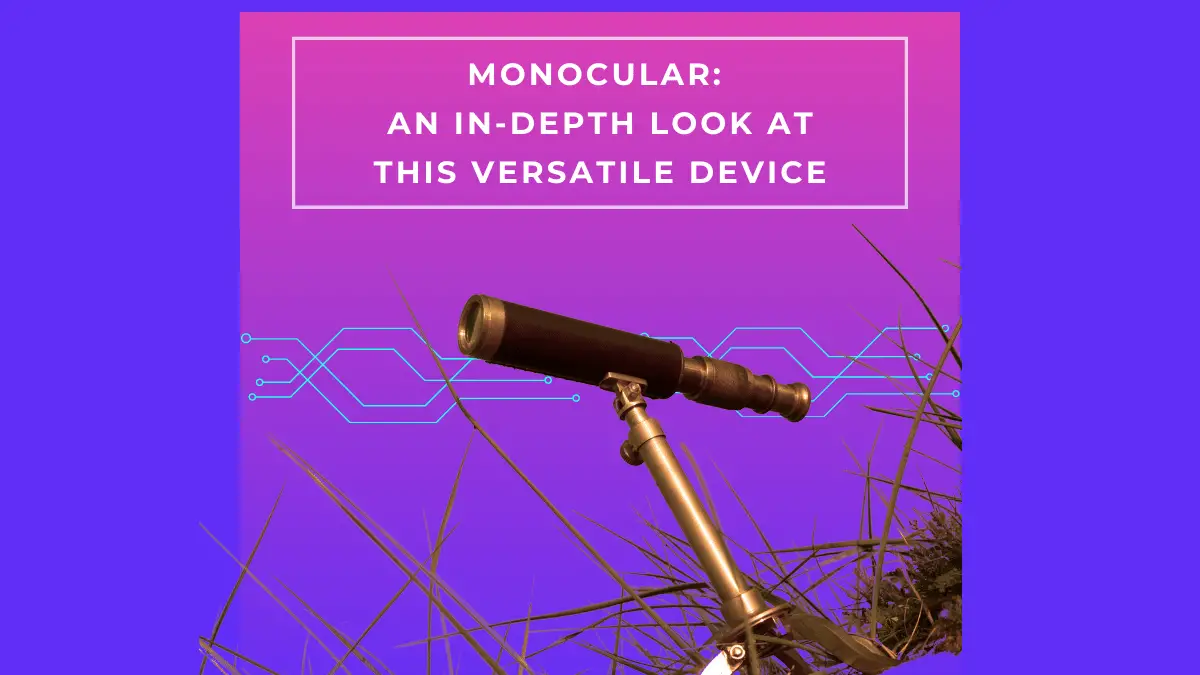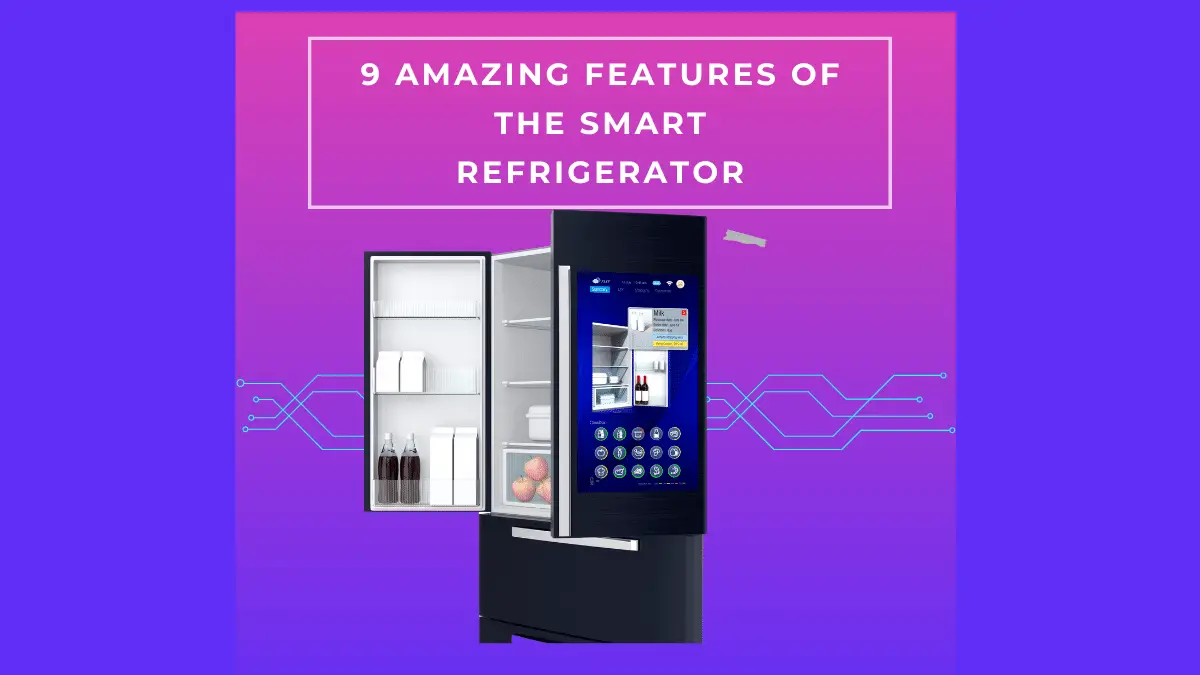A monocular is a versatile device that can be used for various purposes. This single-lens optical instrument can be used for activities such as bird watching, hunting, and hiking. In this blog post, we will take an in-depth look at the features of a monocular and discuss some of the benefits of using one.
Why use Monoculars
The reason to use monocular is that it is more compact, portable, and lighter than binoculars. And monoculars provide a wider field of view. They are also easier to use for people who wear glasses.
Are monoculars better than binoculars?
This is a common question when trying to decide which type of optical device to purchase. The answer to this question depends on the person’s needs and preferences. Monoculars are smaller and more compact than binoculars, which makes them easier to carry around. They also provide a wider field of view than binoculars, which can benefit activities such as bird watching. However, binoculars offer two lenses instead of one, allowing the user to see objects in three dimensions.
Can thermal monoculars be used in daylight?
Yes, thermal monoculars can be used in daylight. However, they are designed to be used in low-light conditions or at night. Thermal imaging is a technology that uses infrared radiation to create an image. This image is then displayed on a screen, allowing the user to see objects in the dark or in low-light conditions.
What is the difference between a monocular and a telescope?
The main difference between a monocular and a telescope is the device’s magnification. Monoculars typically have lower levels of magnification than telescopes. This means that they can be used for activities such as bird watching, where you don’t need a lot of magnification. However, telescopes have higher magnification levels and are better suited for activities such as stargazing.
What are the benefits of using a monocular?
Many benefits come with using a monocular. As we mentioned before, monoculars are compact and easy to carry around. They also provide a wide field of view. Additionally, monoculars can be used in low-light conditions and at night. This makes them versatile devices that can be used for various activities.
Do you need a special case for a monocular?
No, you don’t need a special case for a monocular. However, it is always a good idea to keep your monoculars in a safe place when you’re not using them. This will help to protect the lenses and prevent them from getting scratched or damaged.
Which is an example of a monocular cue for depth perception?
Some common monocular cues for depth perception include linear perspective, interposition, and aerial perspective. Linear perspective is when parallel lines appear to converge as they get further away from the viewer. Interposition is when an object appears in front of another object, making it appear closer to the viewer. Aerial perspective is when objects far away appear less distinct and have a bluish tint.
Are monoculars good for stargazing?
Monoculars can be used for stargazing; however, they typically don’t provide the same level of magnification as a telescope. If you’re interested in doing some serious stargazing, we recommend using a telescope.
Conclusion
Monoculars are versatile devices that offer many benefits. They are compact and easy to carry, provide a wide field of view, and can be used in low-light conditions. A monocular is a great option if you’re looking for a versatile and easy optical device.






